
The well-known benchmarking app Geekbench is releasing its latest major version, with Geekbench 6 available starting today for Android and other platforms.
9to5Google has a rebooted newsletter that highlights the biggest Google stories with added commentary and other tidbits. Sign up here!
Geekbench 6 is the latest major update to the benchmarking app, and the first big change since the 2019 release of Geekbench 5. What’s new? On Android, one of the biggest visual changes is full support for Material You.
Throughout Geekbench 6 on Android, users will find Material You theming, even down to a themed icon on the homescreen if you have that feature enabled.
But what’s really new is all under the hood, with Geekbench 6 delivering new kinds of tests and better support for modern hardware. The most important aspect of this is in how Geekbench runs benchmarks. Instead of focusing on simply CPU performance, tests now better take advantage of the GPU. Multicore scores have also been revamped, with the new scale measuring how cores share workloads in “true to life” scenarios. This should also provide more accurate and comparable results when dealing with CPU architectures that mix “big” and “little” cores.
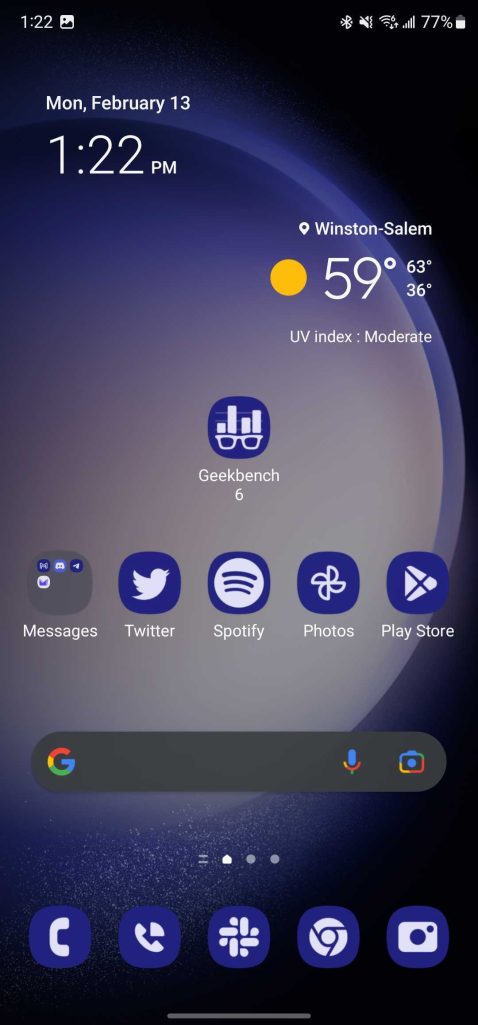
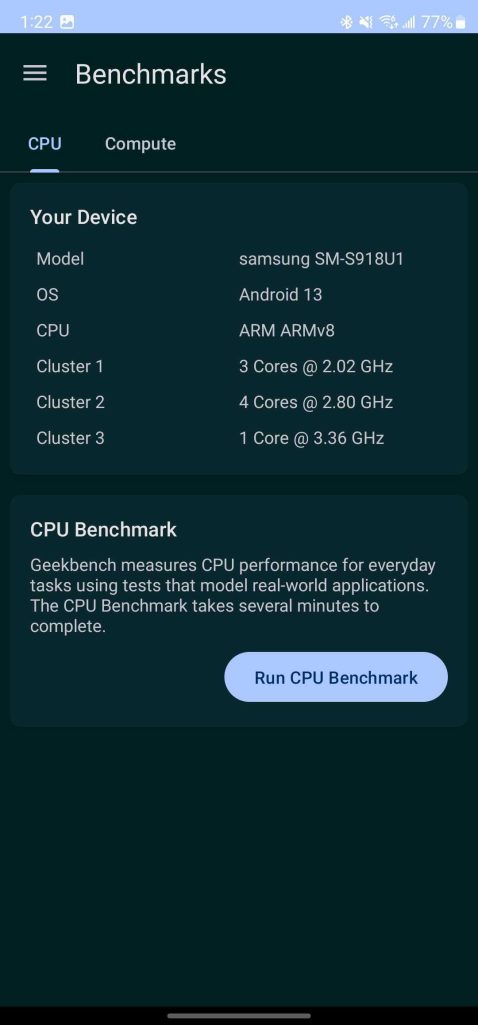
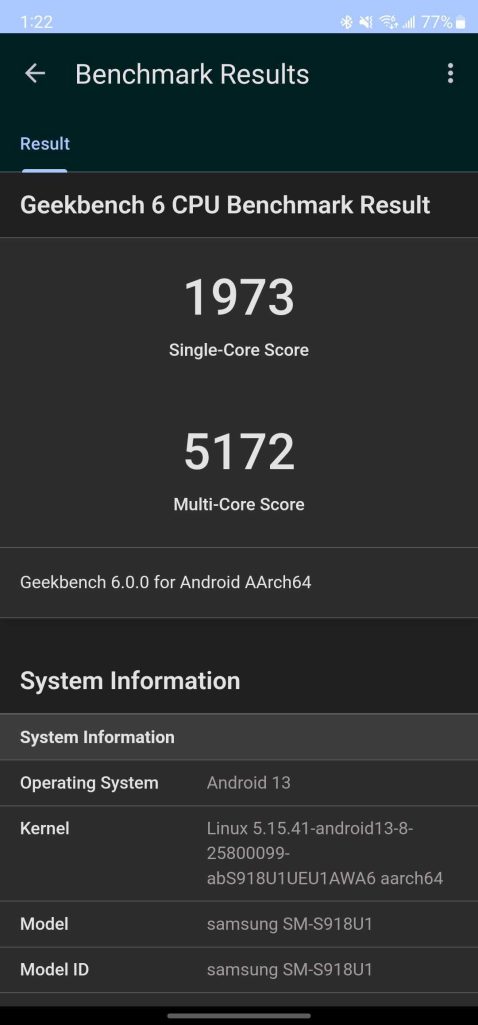
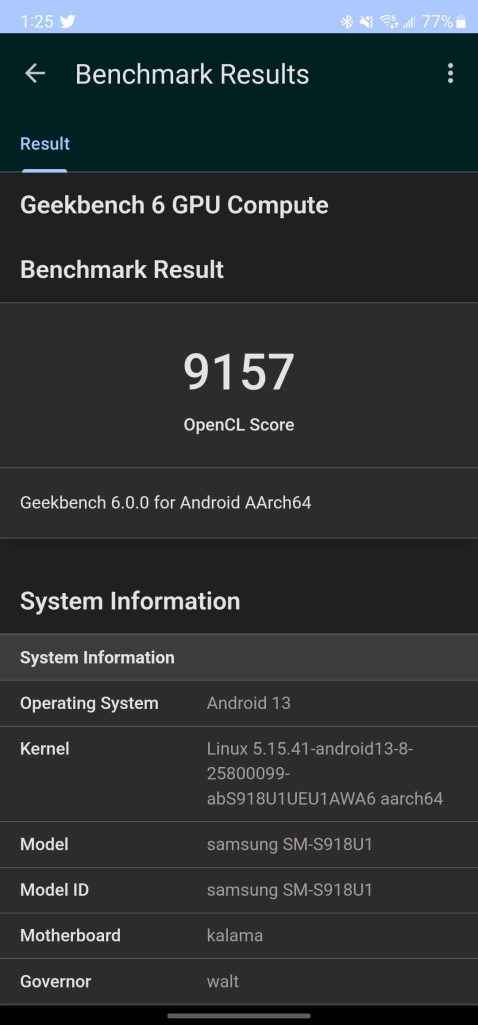
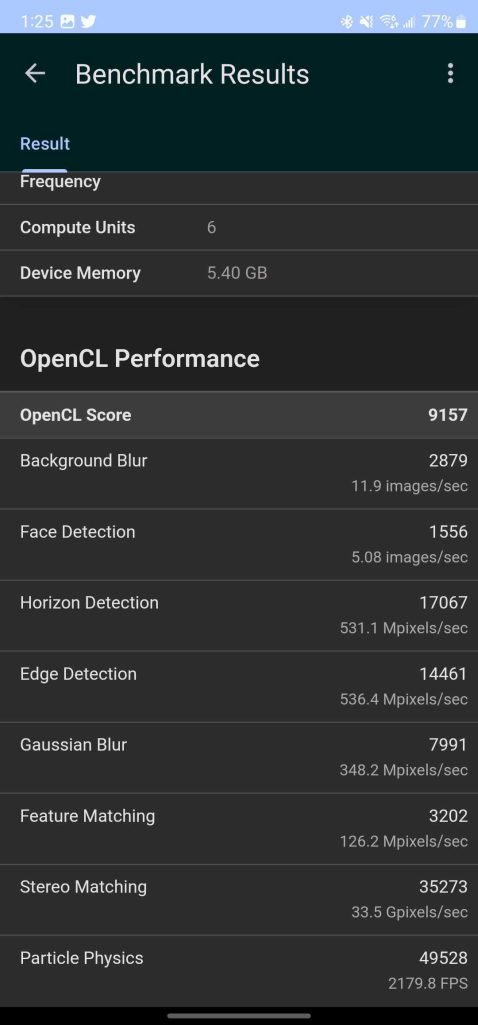
Geekbench 6 introduces more new tests as well. These tests include “background blur” (such as is used in video calls), “photo filters” from social media apps, “object detection” for AI, as well as new tests for tagging metadata on photos and text processing. Geekbench also points out that many existing tests have been updated to better reflect modern workloads.
The other big change coming with Geekbench 6 is to pricing. For “non-commerical” use, Geekbench is now free. The “Pro” version now also includes command-line automation, offline result management, and a stand-alone version, and licenses are discounted by 20% to celebrate this latest launch.
You can download Geekbench 6 for Android now via the Play Store.
More on Android:
- Yes, the ‘Snapdragon 8 Gen 2 for Galaxy’ in the Galaxy S23 is manufactured by TSMC
- Samsung making XR device powered by Android and Qualcomm chip
- As Google Tensor makes a splash in the premium space, could MediaTek be a better partner?
Author: Ben Schoon
Source: 9TO5Google



